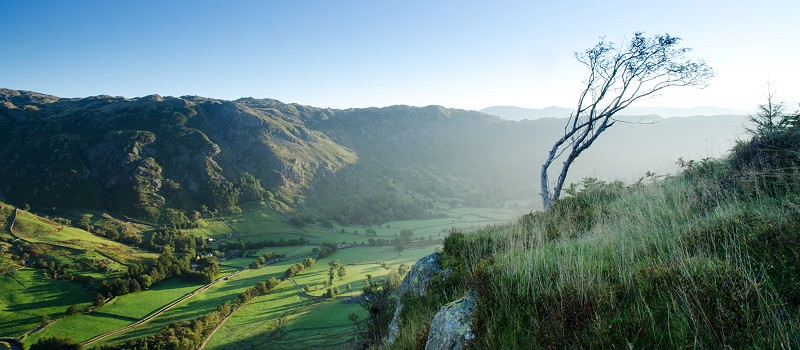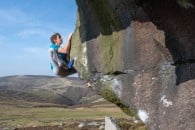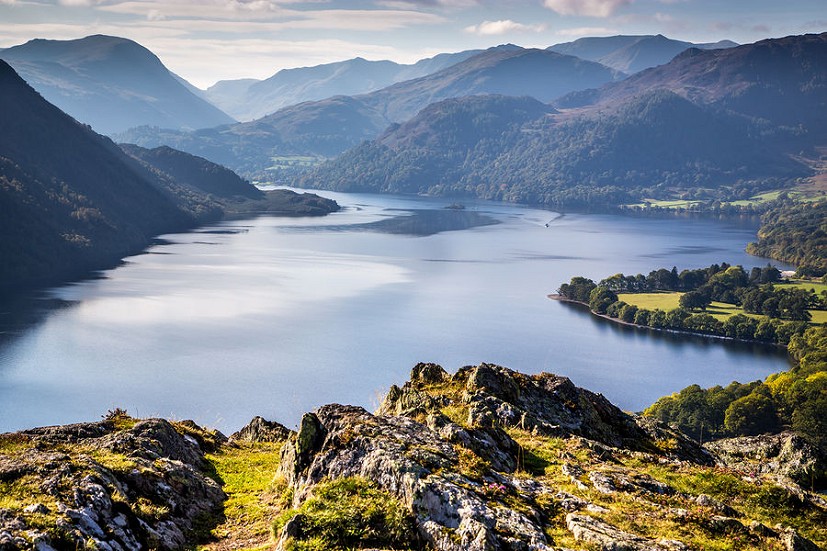
The Lake District has become a UNESCO World Heritage Site, joining just over 1000 other locations worldwide, including Machu Picchu, the Great Barrier Reef and the Grand Canyon. The Lake District National Park Partnership organised the bid for UNESCO recognition in the cultural landscape category and the Chairman of the Partnership, Lord Clark of Windermere, described the prestigious status as 'momentous.'
UNESCO cited the area's natural beauty, farmed landscape and cultural inspiration. Speaking after the decision, Lord Clark said: "It is this exceptional blend which makes our Lake District so spectacularly unique and we are delighted UNESCO has agreed. A great many people have come together to make this happen and we believe the decision will have long and lasting benefits for the spectacular Lake District landscape, the 18 million visitors we welcome every year and for the people who call the National Park their home."
Supporters of the bid included several organisations such as the National Trust, Cumbria County Council, the Lake District National Park Authority and the Forestry Commission. These bodies believe that the UNESCO status will boost local tourism and that 1% more visitors would bring an extra £20 million to the local economy.

There are some concerned voices about the new status however. George Monbiot writes in the Guardian that the UNESCO award would keep the Lake District in its current over-farmed state, which has led to a lack of diversity in wildlife, few new trees in woodland areas, dredged rivers and bare mountainsides.
The Lake District now joins 29 other World Heritage sites in the UK, including Hadrian's Wall and St Kilda.





Comments